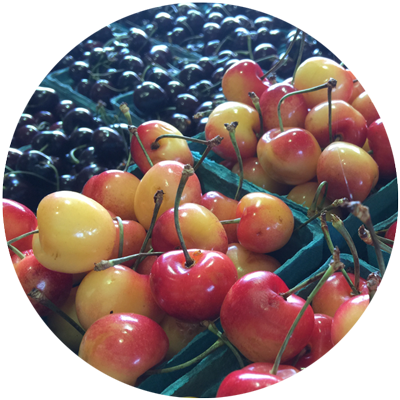Home > Climate News >

Carbon market incentives to conserve, restore and enhance soil carbon
Soils rich in organic carbon are associated with enhanced agricultural productivity, water cycling, biodiversity and climate change adaptation and mitigation. But despite the important role soils can play in fighting climate change, they have largely been missing from carbon markets.
There are signs that the future may be more promising. This study assesses the specific situation of soil carbon—its position in climate policy, the specific challenges, and the opportunities for intervention…
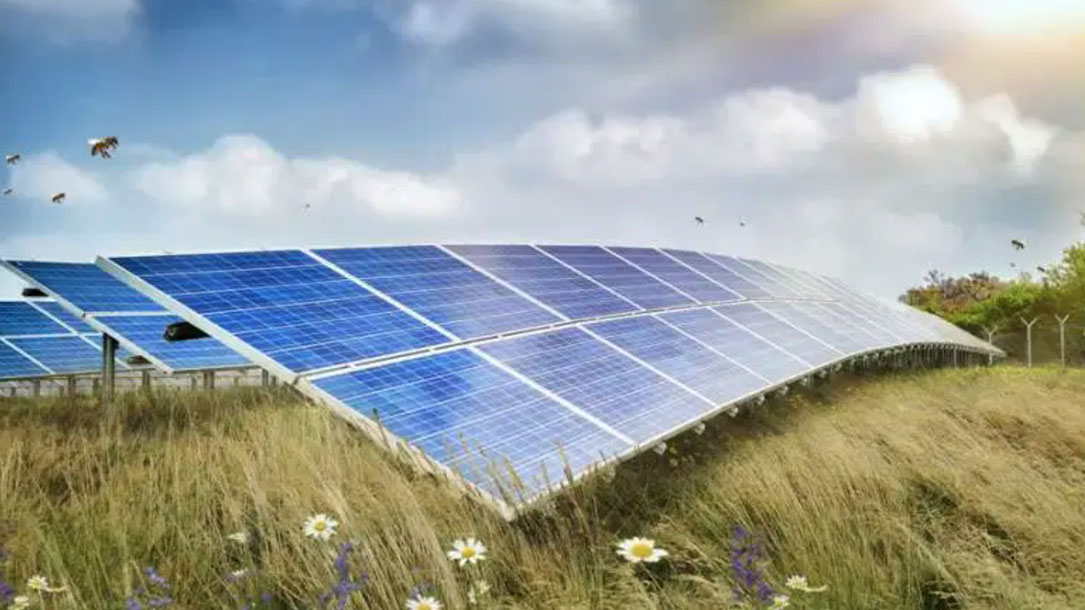
Research: Pollinator habitats could be saved by solar power plants
Researchers at the U.S Department of Energy’s (DOE) Argonne National Laboratory are studying solar energy facilities with pollinator habitats on site. Through this effort they hope to rehabilitate declining pollinator populations that play an important role in the agricultural industries. The loss of such species could result in devastating crop production, costs, and nutrition on a global scale.
Currently, pollinators are responsible for pollinating nearly 75% of all crops used for food. However, because of the increase in man-made environmental stressors, their population continues to steeply decline.
The research team has been working on examining the potential benefits of establishing species’ habitat at utility-scale solar energy facilities to resolve the problem.
They have found that the area around solar panels could provide an ideal location for the plants that attract pollinators…

Climate change is here, and it’s becoming harder to farm successfully
Your average farmer may not want to hear about climate change (do any of us, really?) or global warming, but their livelihood puts farmers smack in the crosshairs of the weather, and many of them are already being affected.
Changes in the timing of rains, the frequency and intensity of droughts, floods, heat waves, intense winter blizzards, hurricanes, and tornadoes, as well as the spread of previously unfaced pests and diseases are now become daily and yearly challenges for farmers in many areas around the world.
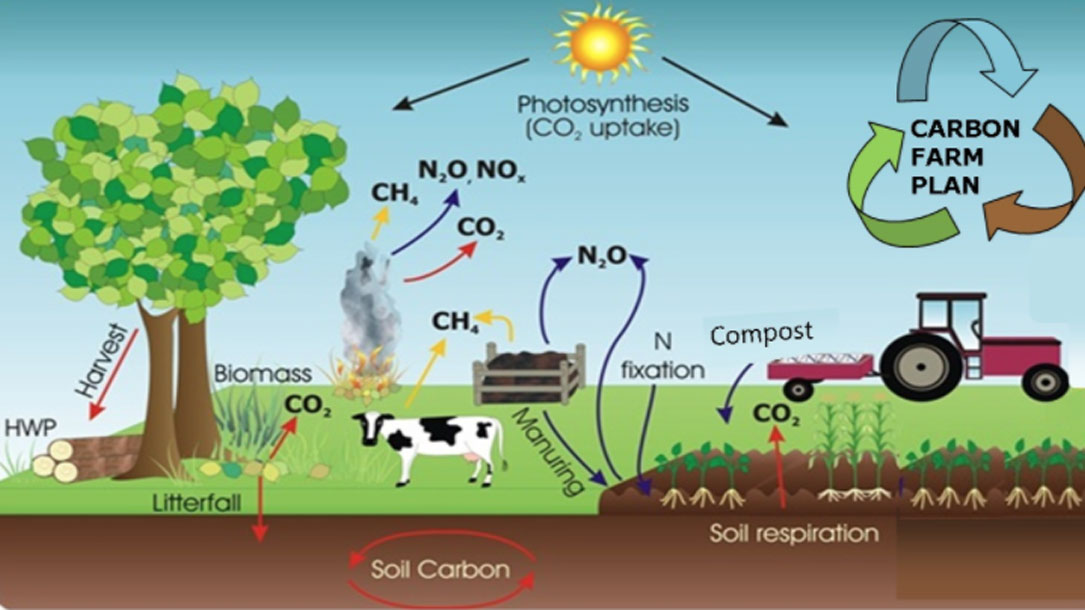
Carbon farming: good for farmers, ranchers, and climate
Marin Agricultural Land Trust is part of a community of scientists, ranchers, agencies and policymakers in and around Marin County, California that is working to develop and advance climate-friendly land use practices, known as carbon farming, that could help make food production part of the climate solution.
Carbon farming is a set of practices that reduce or reverse a farm or ranch’s greenhouse gas emissions. Ranchers and farmers can actually improve their land’s ability to remove carbon from the air—where it contributes to climate change—and instead store it in the soil, where it’s not only harmless but also beneficial to plants.

Five reasons farmers love wind & solar
If we are going to reduce coal, oil, and natural gas — to save thousands of species from extinction and avoid significant agricultural damage and loss due to extreme weather – plus find ways to make family farms viable in a changing climate, we are going to have to rethink how solar and wind are compatible with our conservation and community goals.
Check out five reasons why farmers often embrace wind and solar. Land trusts can help communities understand that the alternative to gearing towards renewables is often going out of business, selling for development, and family economic stress.
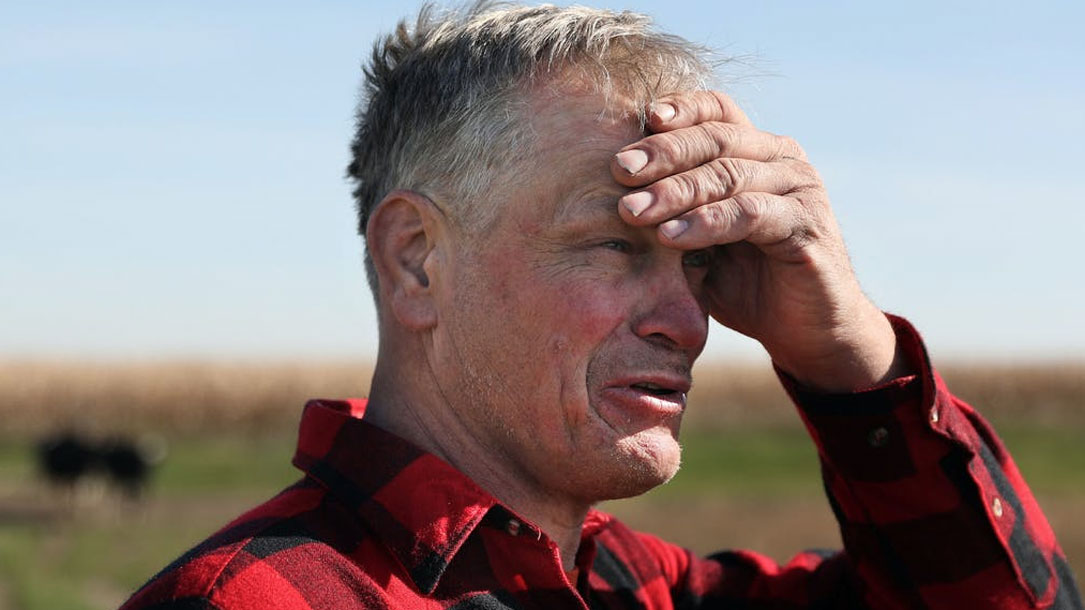
Mental health issues cropping up as financial stress continues on farms
“Organic dairy farmer Kevin Stuedemann knows how it feels to be on the verge of calling it quits.
After several producers in his area went out of business, Stuedemann’s milk buyer ended its contract with him on 30 days’ notice because there were no longer enough organic dairies nearby to justify sending a truck. With 70 cows producing milk, no customers and zero income, Stuedemann searched frantically for a new buyer and took an off-farm job to make ends meet…”
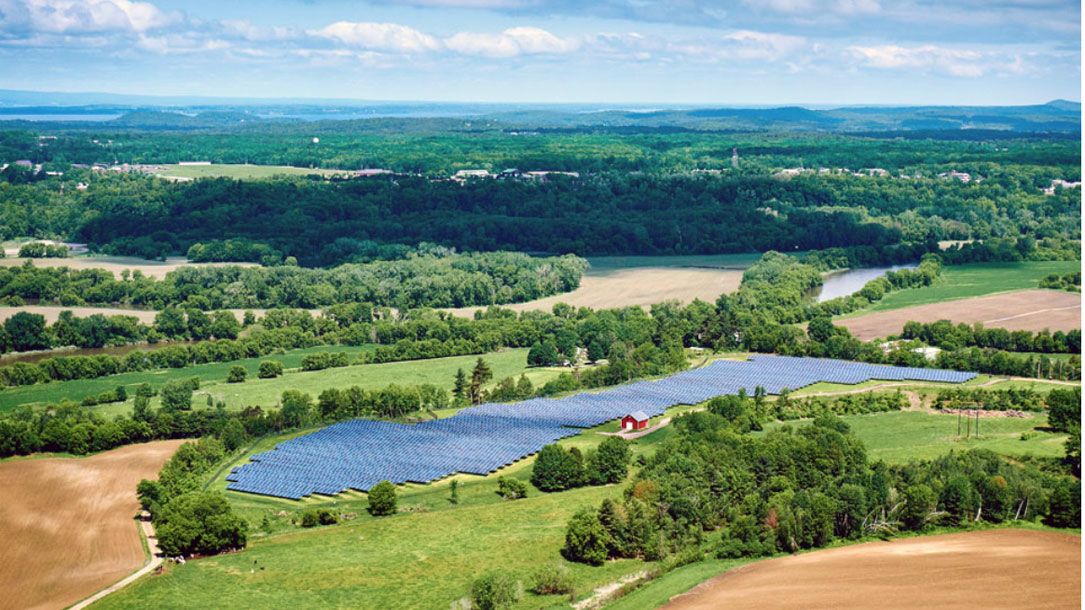
Whitcomb Farm Solar
Dairy prices are dropping through the floor, crop farmers are grappling with extreme weather, and farmer and rancher stress is increasing. For some, renewable energy options can mean the farm or ranch can continue as a working and the family can stay intact.
Established several years ago, in conjunction with a conservation easement in partnership with the Vermont Land Trust, the Whitcomb Farm Solar project is an example of land conservation and renewables working together, to keep the farm intact…
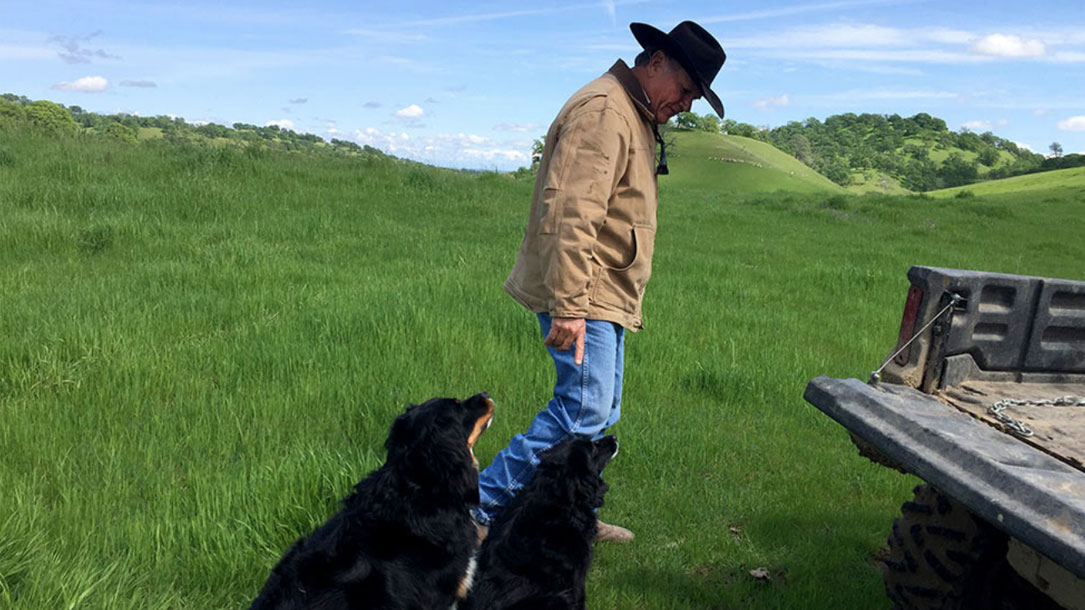
A climate change solution beneath our feet
The roots run deep for Scott Stone at Yolo Land & Cattle Company outside Winters, California. His late father, Hank Stone, bought the 7,500-acre ranch about 40 years ago, and it’s now owned and operated by Scott and his brother Casey.
Stone is as much a natural resources manager as a rancher, with a protective eye on the ranch’s watersheds, trees, pasture and grass-fed cattle, and a genuine desire to leave the land better than he found it…
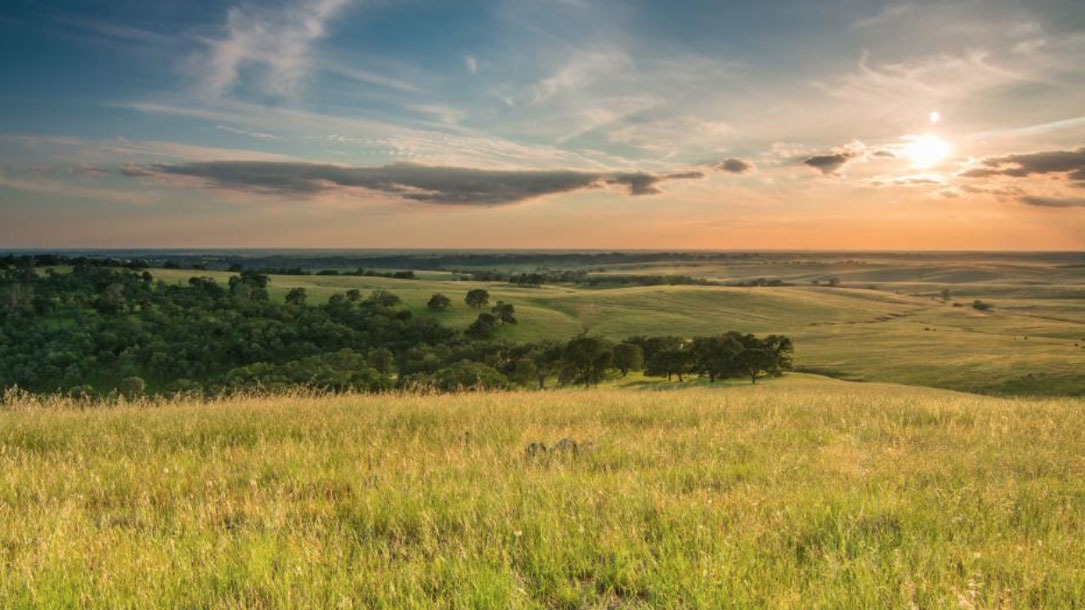
Grasslands more reliable carbon sink than trees
Unlike forests, grasslands sequester most of their carbon underground, while forests store it mostly in woody biomass and leaves. When wildfires cause trees to go up in flames, the burned carbon they formerly stored is released back to the atmosphere. When fire burns grasslands, however, the carbon fixed underground tends to stay in the roots and soil, making them more adaptive to climate change…
“In a stable climate, trees store more carbon than grasslands,” said co-author Houlton, director of the John Muir Institute of the Environment at UC Davis. “But in a vulnerable, warming, drought-likely future, we could lose some of the most productive carbon sinks on the planet… We really need to start thinking about the vulnerably of the ecosystem carbon, and use this information to de-risk our carbon investment and conservation strategies in the 21st century”…
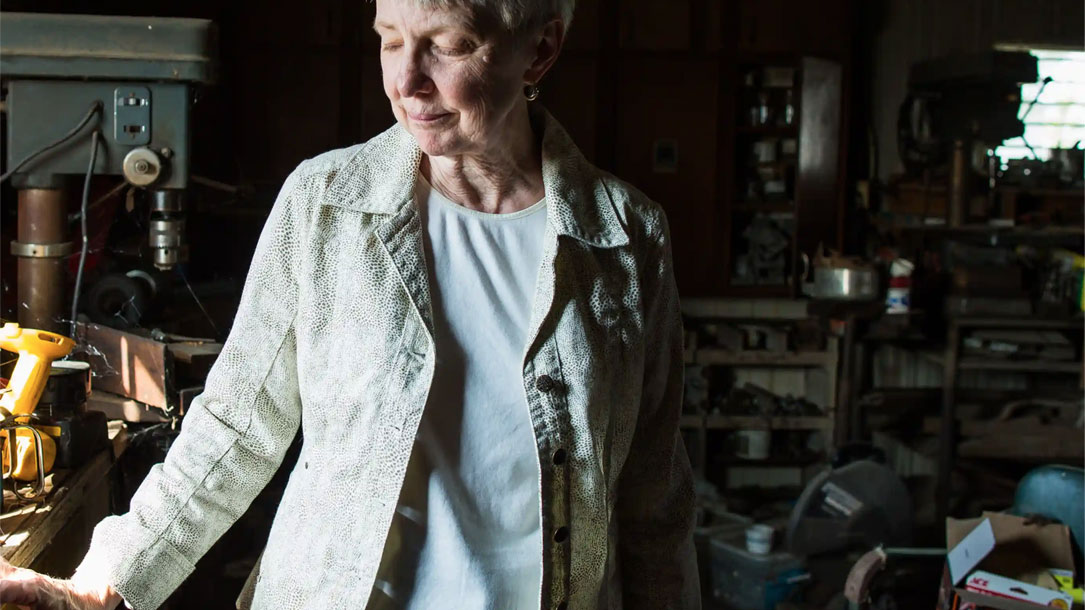
Why are America’s farmers killing themselves?
“It is dark in the workshop, but what light there is streams in patches through the windows. Cobwebs coat the wrenches, the cans of spray paint and the rungs of an old wooden chair where Matt Peters used to sit. A stereo plays country music, left on by the renter who now uses the shop…”



